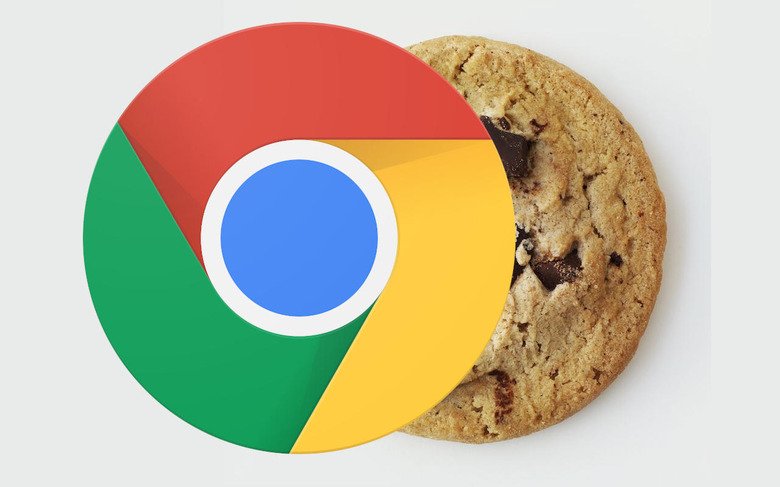
google may be an internet company, with dozens of products and services that rotate around the technology that has made us connected for decades. For most people, the gate to the internet, in fact, is another Google product, with Chrome taking the Lion’s share from the browser market. It can be debated that Google Chrome is the most widely used software in the world, considering how it is used on almost every computing device that can be imagined. However, that does not immediately mean that it is the best way to experience the web, and there is also a serious reason why you want to avoid using Chrome if you are able to buy it.
Just because that is the most widely used does not mean that is the best. There are various factors that contribute to Chrome’s success in the market. And while credit must be given to several features that do help sell browsers to users, it is far from the most impressive in terms of performance and stability. In fact, some Chrome users may even be reluctant to admit that they are forced to use a browser for this or that feature, despite having a lot of heartache and headaches over the browser performance.
The internet is filled with anecdote about Chrome starving that is not satisfied for RAM and battery power. When people become more dependent on laptops with relatively limited hardware resources and on the web to work, study, or entertainment, greedy web browsers may be the last thing they need. Actually, the last thing they need is Chrome Crash because it runs out of memory or, even worse, some bugs from extension.
To be fair, Google has worked to improve Chrome’s performance and reduce its tracks, especially by limiting how much javascript works behind the background. At the same time, this can sometimes cause suboptimal user experiences, which Google also wants to avoid. It still implies that Chrome is a large wild animal by default, which must be tamed and on a diet.
Once upon a time, the web browser competed in an additional number of third parties, sometimes known as extension, they were supported. The extension system allows the browser to remain slim, at least compared to the giant which is an internet explorer, while allowing the door to open to functionality that is not imagined by browser developers or even intending. That, of course, requires the software to have a hook that can be connected to the extension to implement these features, which sometimes can modify what users see on the web page or even touch files on the user’s computer.
Unfortunately, extensions have also become a source of problems in the long run, endangering browser stability and user safety. The complicated problem is how Google runs its Chrome web store, which is even more open than the Google Play Store for Android. As a more open ecosystem in return, there is almost no quality control, and many extensions full of malware are able to sneak through cracks, often disguised as extensions originating from leading developers.
Google has tried to install the big hole, but its strategy has become a two -edged sword. This has limits what extensions can get access to to reduce the negative side effects of harmful extensions but also eliminate the functionality needed by some extensions. Unfortunately, this is also not an agreement made, and there are still some additional problems that pass through Google’s supervision.
Add-on and extension should make the browser simpler and lighter, but things do not always change like that in the end. Besides being a resource thirsty software, Chrome is also complex, and its complexity is bleeding into the configuration option. Almost like other Google products, Chrome has page after page of the browser itself requires a mini search engine to find the appropriate control.





